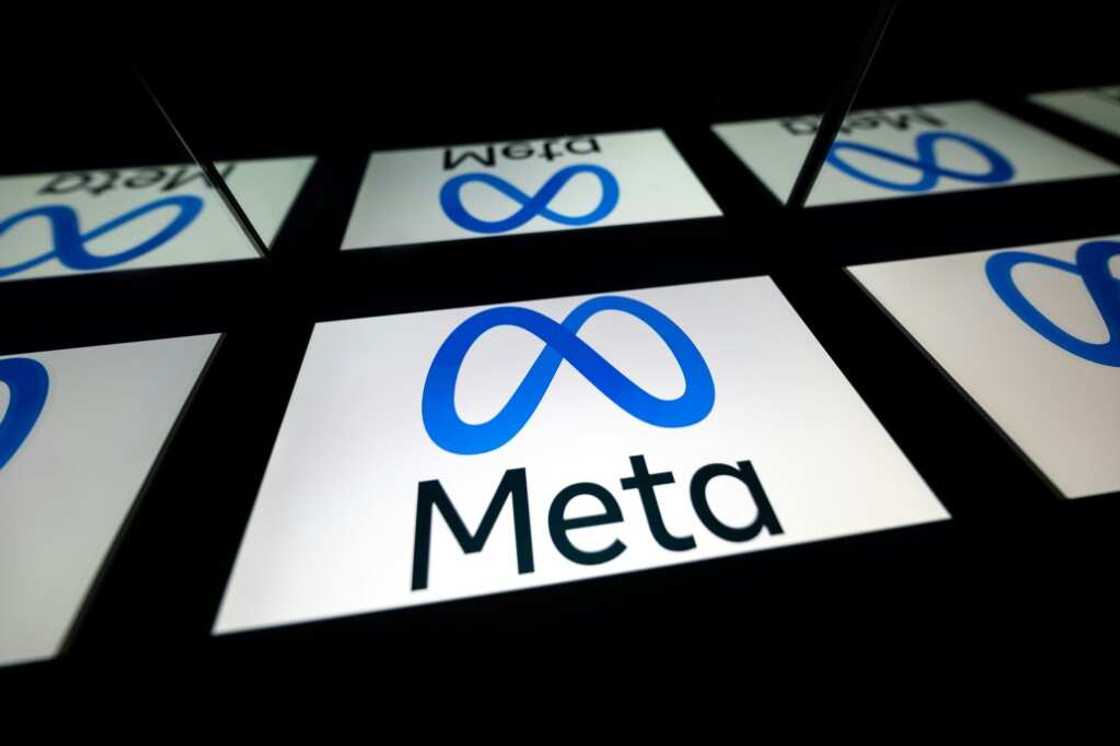Meta subscriber plan risks digital divide, say critics

Source: AFP
PAY ATTENTION: Click “See First” under the “Following” tab to see Legit.ng News on your Facebook News Feed!
Years after Facebook quietly removed a slogan that declared the site was "free and always will be", parent company Meta announced on Sunday a paid-for subscription service that has already been widely criticised.
Meta is following a well-trodden path to subscription services, with rivals from Reddit and Snapchat to Twitter and Discord already in the game.
But critics raised deep concerns with the way Meta had chosen to structure its new offering, which will cost $11.99 for web or $14.99 for mobile.
The firm said subscribers would get a verification badge, extra protection against impersonation, direct access to customer support and more visibility.
Online safety expert Kavya Pearlman was unimpressed with the idea of paying for protection, which she said would create a "digital caste system" of haves and have-nots.
"Safety and security features must NOT be up for sale," she tweeted, suggesting "dude bro CEOs" should charge the impersonators rather than squeezing money from customers who already pay with their personal data.
PAY ATTENTION: Follow us on Instagram - get the most important news directly in your favourite app!
The Real Facebook Oversight Board, a lobby group highly critical of Meta, tweeted: "Now Facebook wants you to fund the harmful model that fuels its whole business."
Copying Musk
And there were wider concerns from Sinan Aral, a professor at Massachusetts Institute of Technology (MIT) who conducted a two-year experiment analysing the effects that account labelling had on online behaviour.
He said his study showed that "identity cues" like Twitter Blue or Meta Verified could lead to more "knee jerk" reactions, a divide between "in groups and out groups" and an intensified focus on personalities over content.
Financial analysts said the new models being tested by social media companies would not -- in the short-term at least -- come close to generating the tens of billions that the likes of Meta make from advertising.
"We don't expect the new account verification service to surpass more than one to two percent of total revenue over the next 18 months," said Angelo Zino of CFRA research.
He said Meta was likely to continue its hunt for other ways to monetise its two billion users, with other big players like Netflix likely to take chunks out of its ad revenue in the coming years.
'Risky' for Meta
Meta's new service will be rolled out in Australia and New Zealand before it hits the rest of the world.
The announcement was greeted online with trolling and memes ridiculing Meta boss Mark Zuckerberg for lifting ideas from his Twitter counterpart Elon Musk.
"Inevitable," replied Musk to one such message.
Zuckerberg will be hoping for a smoother ride than Musk faced when he rolled out Twitter Blue, only to recall it as the platform was flooded with impersonation accounts.
However, Matt Navarra, a social media consultant, flagged that Instagram had announced the move before Zuckerberg.
He suggested the launch had been "a bit unplanned and last minute".
"For most Meta users, whether on Facebook or Insta, this new offer is likely to be greeted with a shrug of indifference," said Susannah Streeter of Hargreaves Lansdown.
She said small businesses and higher profile people might be tempted to pay to protect themselves from hacks or impersonators, or get better visibility.
But Dan Ives of Wedbush securities reckoned the move was "risky" for Meta.
"There could be clear backlash from consumers that will never pay a dime for Facebook or Instagram and this move could push them out the door," he said.
Source: AFP





